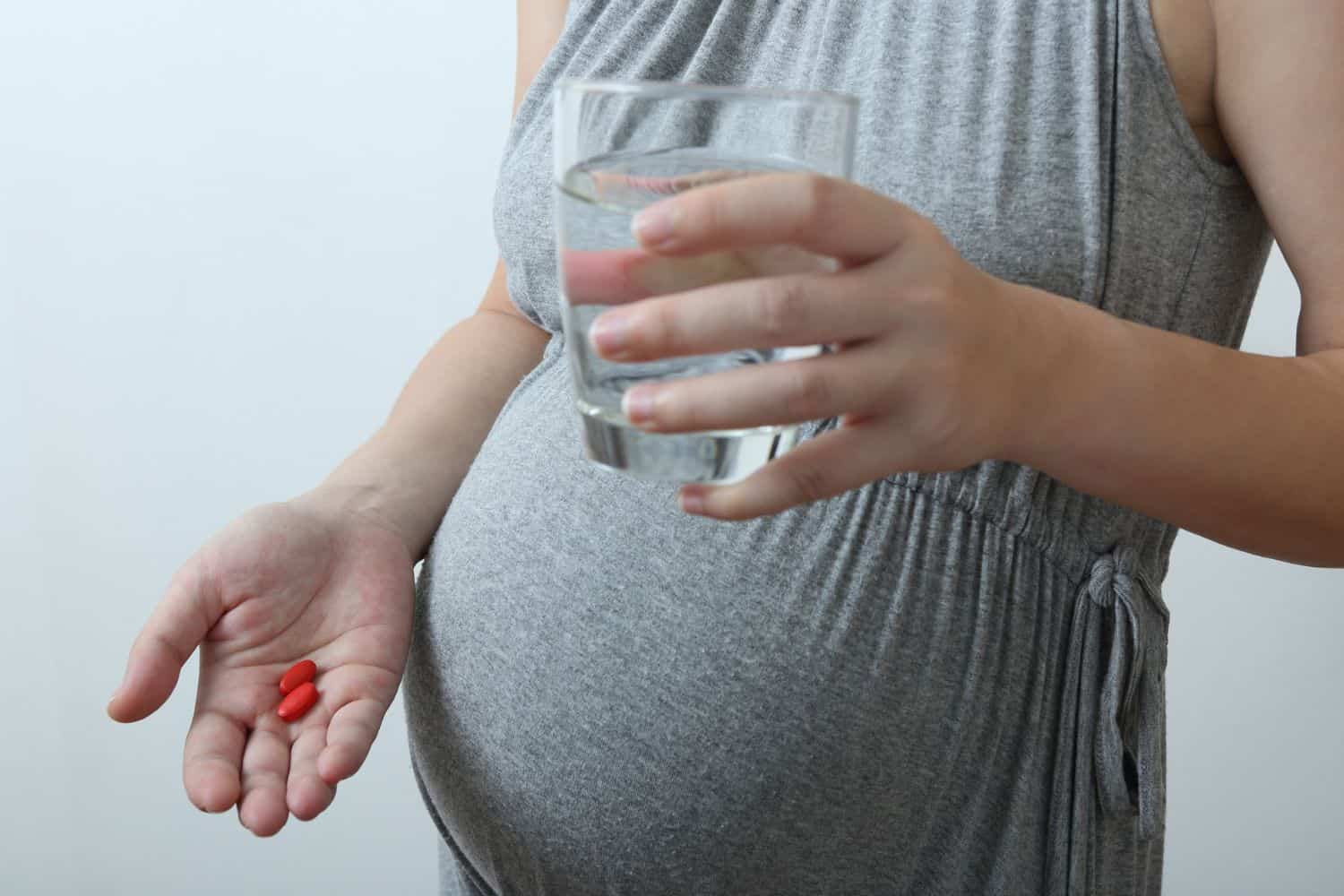Former US president Barack Obama accused Trump of speaking ‘violence against the truth’.

The South African Society of Obstetricians and Gynaecologists (SASOG), in collaboration with the Society of Obstetric Medicine South Africa (SOOMSA) and the South African Society for Ultrasound in Obstetrics and Gynaecology (SASUOG), has dismissed claims that paracetamol causes autism in children.
Trump claims
This comes after US President Donald Trump told a room full of reporters on Monday that taking Tylenol during pregnancy was linked to a “very increased risk” of autism in children.
“I want to say it like it is, don’t take Tylenol. Don’t take it,” Trump said, using the brand name of paracetamol in the US.
“Other things that we recommend, or certainly I do anyway, is … don’t let them pump your baby up with the largest pile of stuff you’ve ever seen in your life,” he said, referring to vaccines.
Concerns
The South African collective said Trump’s claims have “understandably” caused concern among pregnant women, their families, and healthcare providers.
“The South African Society of Obstetricians and Gynaecologists, the Society of Obstetric Medicine South Africa, and the South African Society for Ultrasound in Obstetrics and Gynaecology have carefully reviewed the available evidence, drawing on large cohort studies, systematic reviews, sibling-controlled analyses, and authoritative international assessments.
ALSO READ: DA calls for Gauteng health MEC’s removal after court rulings on cancer patients
“In agreement with position statements from several international bodies, we confirm that there is no evidence that taking paracetamol in pregnancy at recommended therapeutic doses causes autism in children,” they said.
‘No risk’
The organisations said some early observational studies suggested a small association between prenatal paracetamol exposure and ASD.
“These analyses were particularly vulnerable to confounding by genetic, familial, and environmental factors, and in many cases relied on self-reported exposure data of limited reliability.
“By contrast, more robust study designs, especially sibling-control analyses, show no increased risk of ASD. A large Swedish population-based study, for example, demonstrated that when shared familial factors were accounted for, the association between paracetamol use and ASD disappeared,” they said.
Paracetamol is ‘safe’
The collective said paracetamol remains the “safest and most effective first-line treatment for pain and fever in pregnancy, as no alternative agent has a superior safety profile.”
At standard therapeutic doses (500–1000 mg up to four times daily, to a maximum of 4 g in 24 hours), paracetamol is not associated with an increased risk of adverse pregnancy or child health outcomes.
“In light of this evidence, we firmly state that there is no reliable evidence that paracetamol use in pregnancy causes ASD. Paracetamol remains an essential, safe, and effective treatment for fever and pain in pregnancy, and pregnant women should not be denied appropriate care because of unsubstantiated claims,” they said.
WHO debunks Trump
The World Health Organisation (WHO) also debunked Trump’s claim of a possible link between autism and the use of paracetamol during pregnancy.
In a statement on Wednesday, the organisation emphasised that there was “currently no conclusive scientific evidence” that found a link between the disorder and the popular painkiller.
“Extensive research has been undertaken over the past decade, including large-scale studies, looking into links between acetaminophen [also known as paracetamol] use during pregnancy and autism. At this time, no consistent association has been established.”
Advice
WHO recommended that all women continue to follow the advice of their doctors or health workers, who can help assess individual circumstances and recommend necessary medicines.”
According to the WHO, globally, nearly 62 million people (1 in 127) have autism spectrum disorder, a diverse group of conditions related to the development of the brain.
Although awareness and diagnosis have improved in recent years, the exact causes of Autism have not been established, and it is understood that there are multiple factors that can be involved.
ALSO READ: Court orders Gauteng Health to clear radiation oncology backlog at public hospitals






